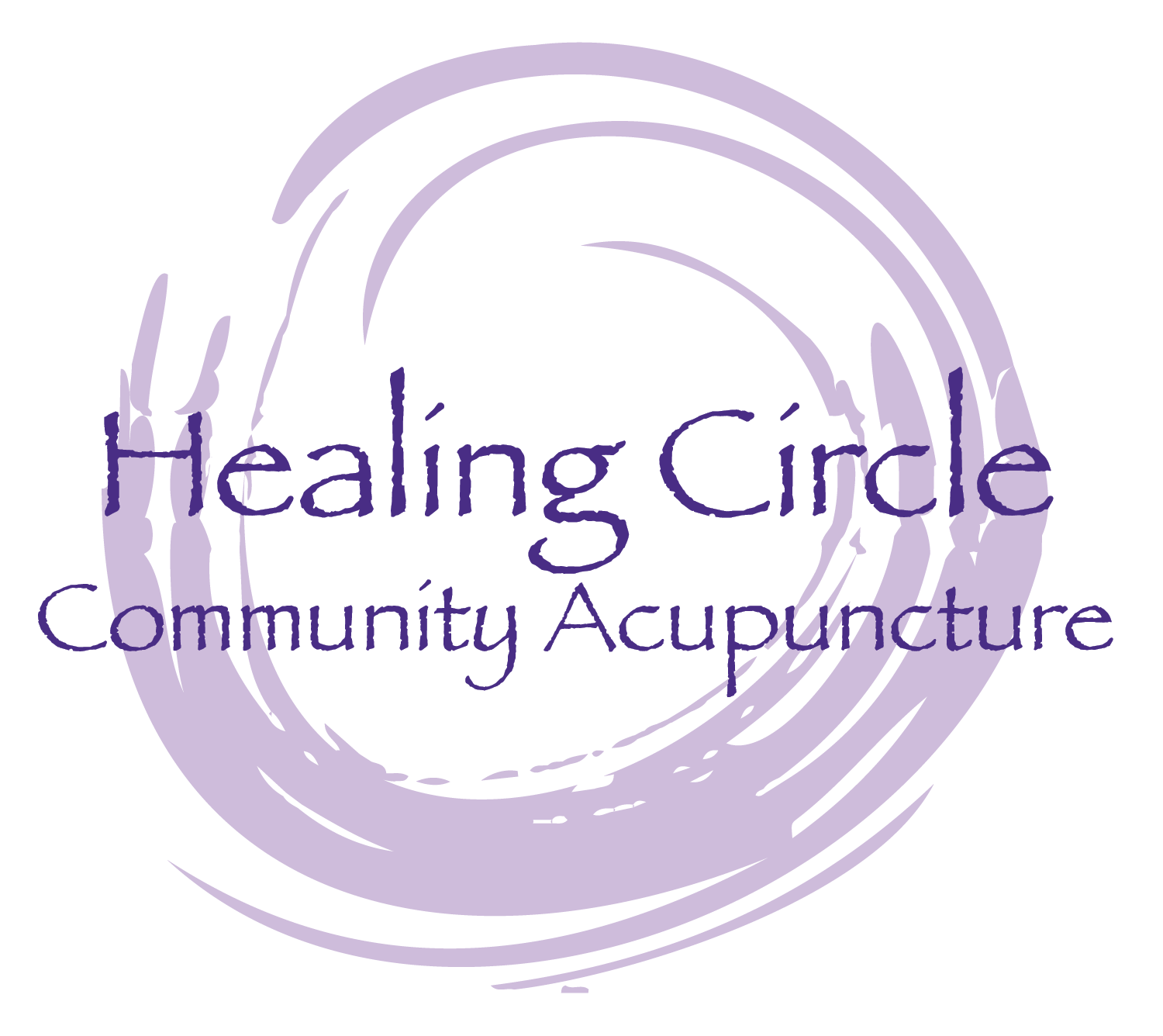Reduce Your Cardiovascular Risk for Hearth Attack and Stroke
I read with great interest this article from Functional Medicine University about identifying your risks of strokes.
What are the Real Risk Factors for Heart Attack and Stroke?
1. Cardiac arrhythmia. This includes atrial fibrillation and other disruptions of the heart's normal rhythm.
2. Elevated triglycerides, particularly an elevated ratio of triglycerides to HDL cholesterol. Studies have implicated triglycerides in the progression of coronary atherosclerosis (hardening of the arteries).
3. Elevated homocysteine. One study found that men with extremely high homocysteine levels were three times more likely to have a heart attack than others.
4. Elevated insulin.
5. Elevated cortisol levels. High levels of cortisol are associated with hypertension, which increases your cardiovascular risk. Patients with heart diseases exhibit higher cortisol levels than do others.
6. Elevated estrogen in respect to progesterone.
7. Low testosterone (in men). Higher levels of testosterone has been found to offer men greater than five-fold protection against coronary artery disease.
8. High testosterone (in women).
9. Elevated C-reactive protein. C-reactive protein is a marker associated with production of inflammatory cytokines, which represent a threat to cardiovascular health. Men with CRP values in the highest quartile had three times as many heart attacks and two times as many ischemic strokes as the general population.
Other risk factors include thyroid insufficiency, magnesium deficiency, fatty acid imbalances and lipid fractionation.
Is It Hard to Manage Your Risk Factors?
The good news is that it may not take a long time to rectify the imbalances that show up in a thorough cardiovascular evaluation. One 54-year-old patient of mine with high blood pressure and elevated triglycerides was able to lower her risk factors in just six weeks from 10 to only 4.
Another patient with high fasting glucose and HA1C level was able to lower his numbers in just 3 months.
Early intervention is key. Start 2020 right! Give us a call at 909.590.4183 to schedule an appointment.

